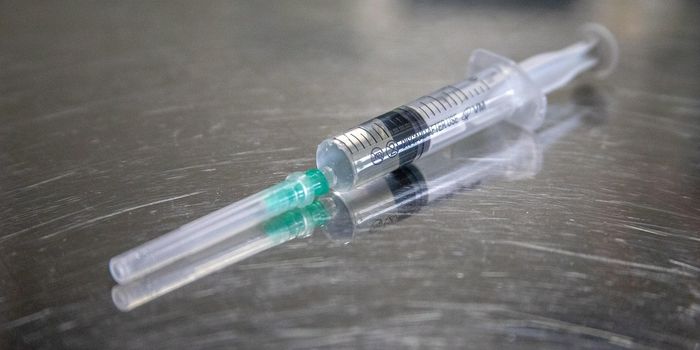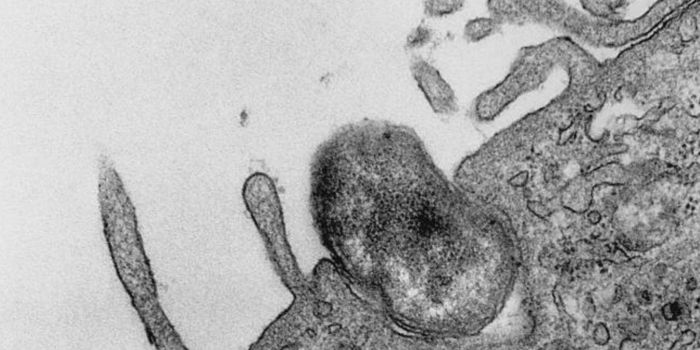A New Biomarker to Personalize Breast Cancer Therapy
The American Cancer Society estimates that over 280,000 women in the United States will be diagnosed with breast cancer in 2021. Scientists and physicians are constantly working towards better treatment options for these patients.
Immunotherapies are an evolving class of cancer treatments that indirectly target tumor cells. These drugs improve a patient’s immune system making anti-tumor immune functions more effective.
One class of immunotherapy drugs is immune checkpoint inhibitors (ICIs). A molecular interaction often targeted with ICIs is the programmed cell death protein one (PD-1)/programmed death-ligand one (PD-L1) pathway. When successful, a blockade of either PD-1 or PD-L1 results in better anti-tumor immunity.
Atezolizumab and pembrolizumab are FDA-approved ICIs that block PD-L1 and PD-1, respectively. Based on successful clinical trials, doctors often prescribe these drugs in combination with chemotherapy before breast cancer surgery. However, many breast cancer patients see no added clinical benefit from ICIs and would have a similar outcome with chemotherapy alone.
ICIs are very costly, and they can also cause toxicities in some patients. Avoiding unnecessary prescribing of these drugs would ultimately be in the best interest of patients. Therefore, a quick and easy screening method determining who would most benefit from ICIs would be advantageous.
Identifying a specific biomarker, a molecule that assesses how well an individual will respond to a particular treatment, could meet the need for such a screening method.
A study recently published in Clinical Cancer Research found that the expression of a molecule called major histocompatibility complex class II protein (MHC-II) predicted ICI response in breast cancer patients.
A subgroup of tumor tissue from patients with triple-negative breast cancer (TNBC) and hormone receptor-positive (HR+) breast cancer expressed MHC-II. The research team demonstrated that while MHC-II was associated with response to standard chemotherapy plus anti-PD-1 ICI, it was not associated with standard chemotherapy alone.
Immunohistochemistry is a standardized and validated laboratory procedure that can easily measure MHC-II expression. The authors suggest that future clinical trials include this method as a correlative analysis.
In combination with prior reports of the predictive capacity of MHC-II in immunotherapy benefit in melanoma and lymphoma patients, these findings suggest the possibility of it serving as a pan-cancer biomarker.
Sources: breast cancer, Immunotherapies, immune checkpoint inhibitors, PD-1, PD-L1, Atezolizumab, pembrolizumab, biomarker, Clinical Cancer Research, Immunohistochemistry, melanoma, lymphoma









